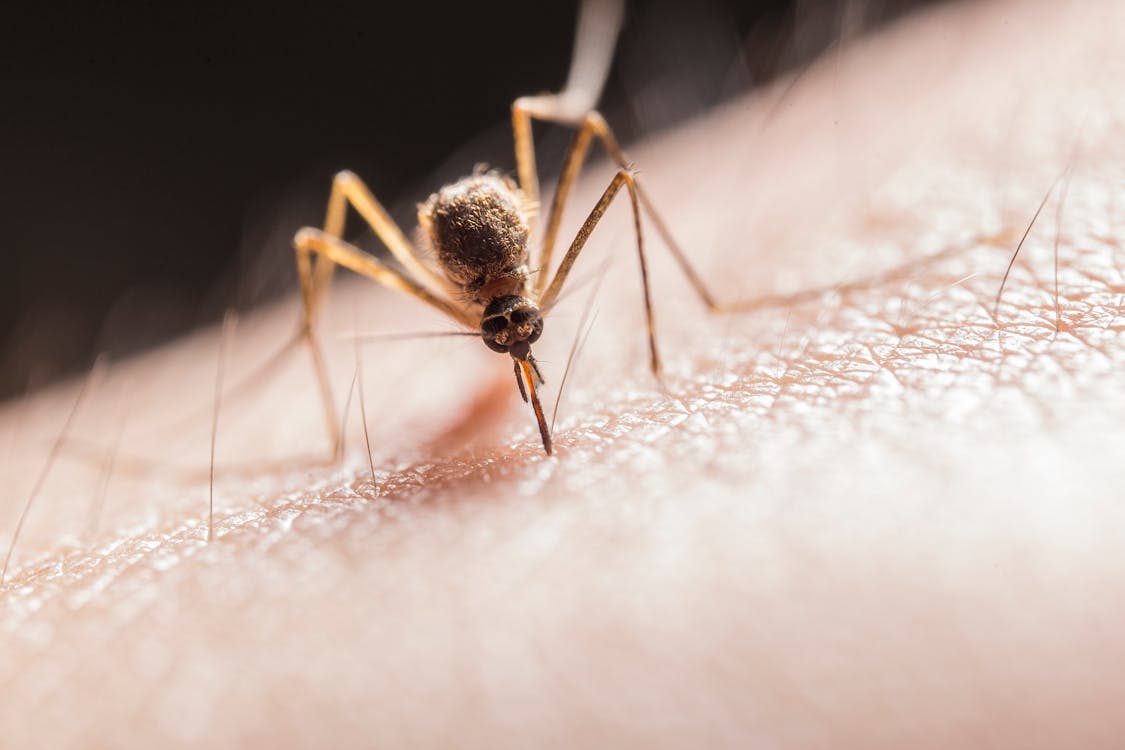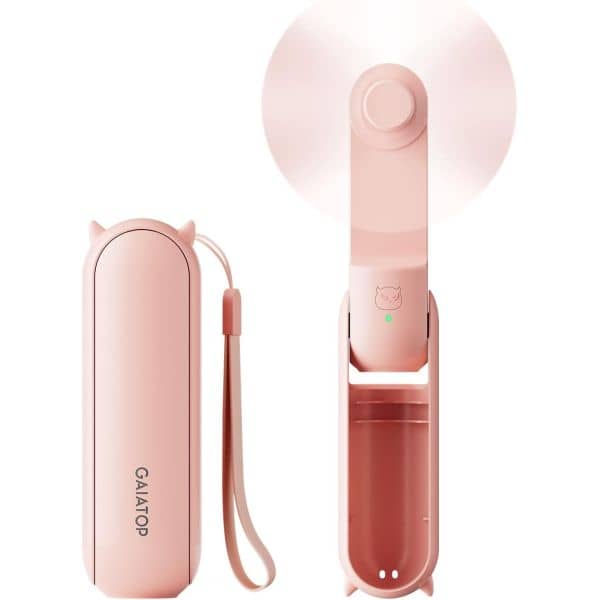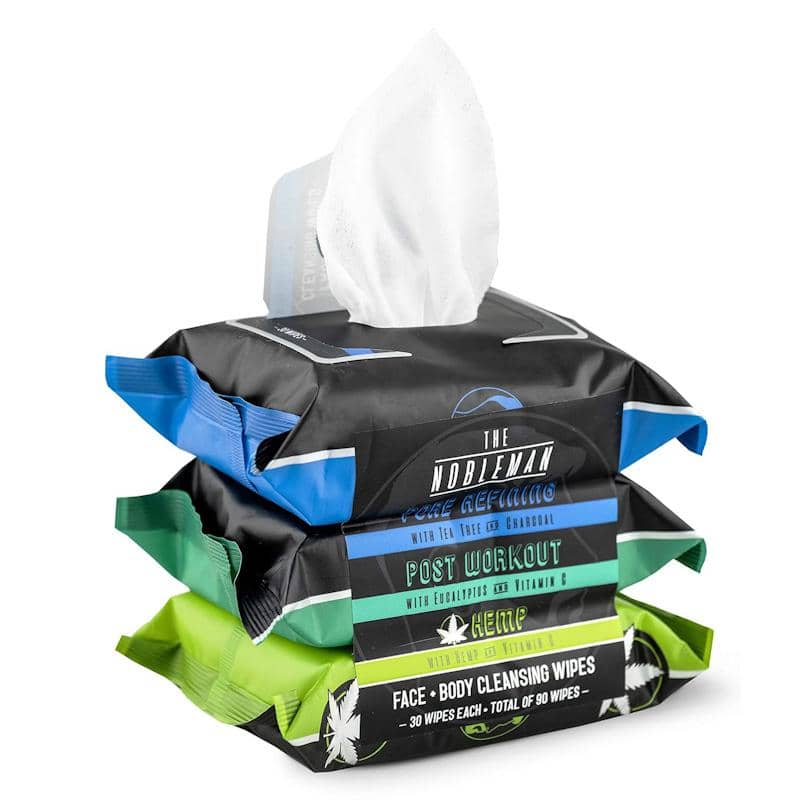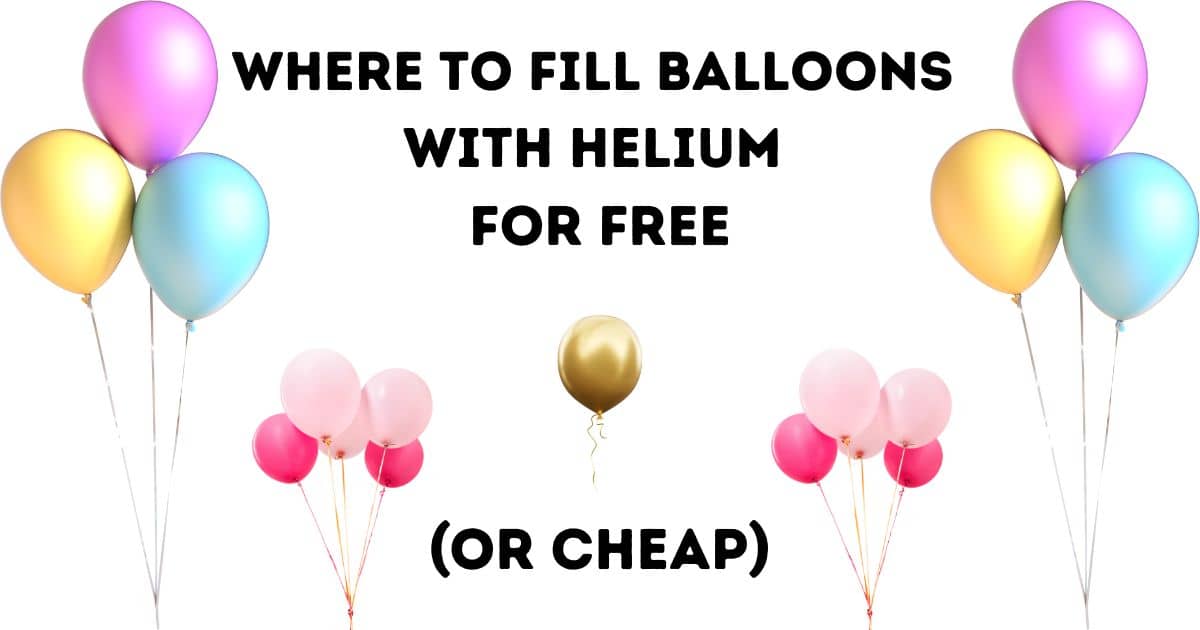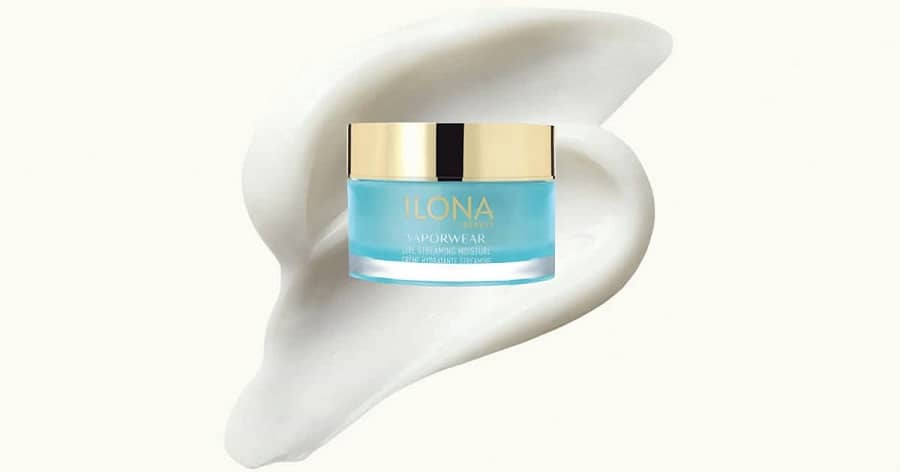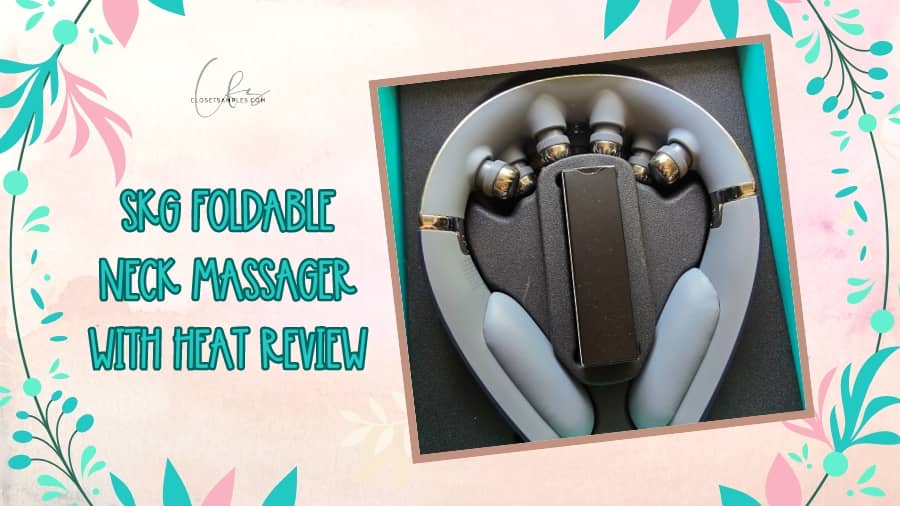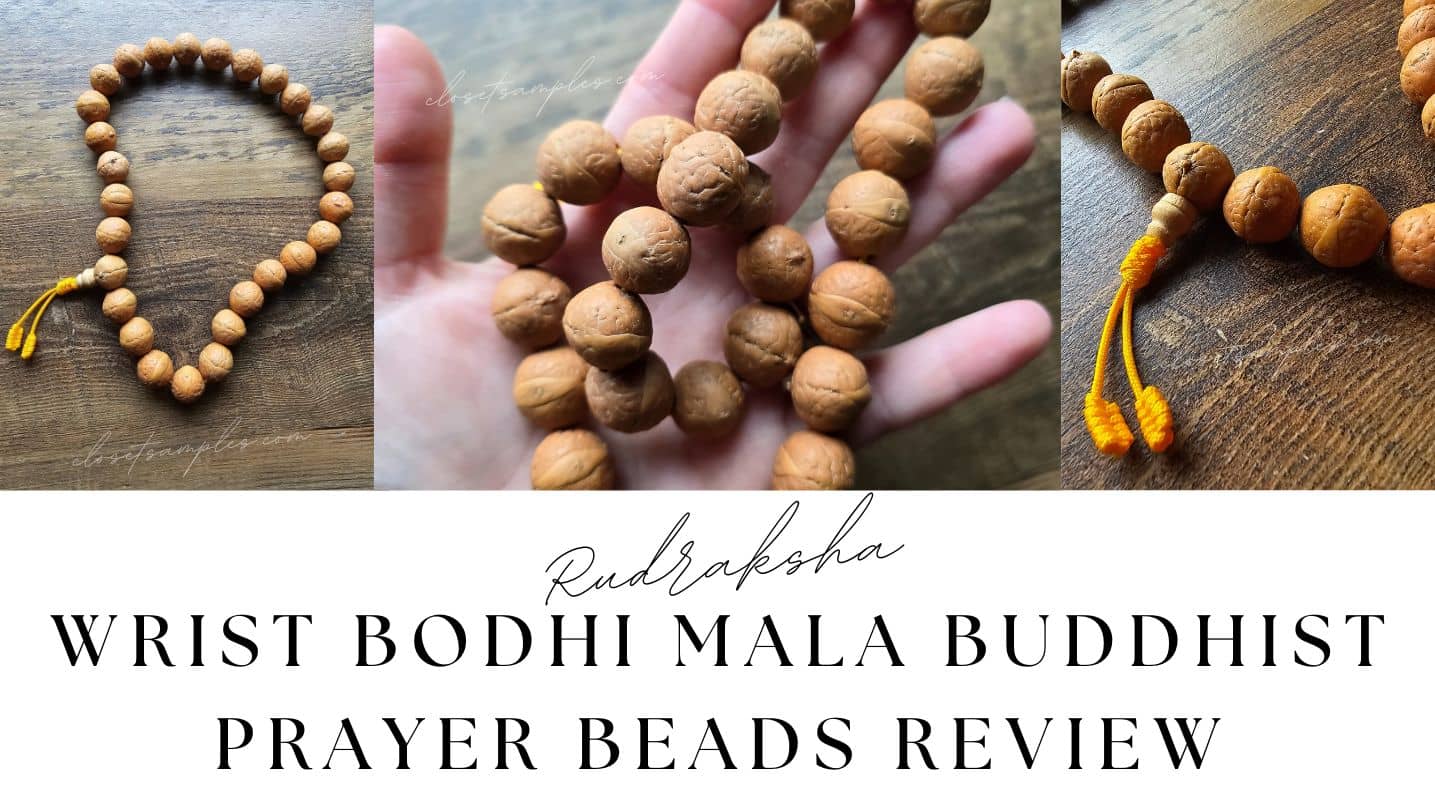Mosquitoes are surprisingly small and you may not notice their presence until you hear the familiar high-pitched whine as they slide past your face.
But, being small doesn’t make them any less dangerous. There are actually
more than 3,000 types of mosquito around the world. Each of them has unique characteristics and all of them are capable of spreading disease. The exact ones you’ll be dealing with will depend on where you’re located.
Diseases that can
be transmitted by mosquitoes include malaria, dengue, tularemia, and yellow fever. But, there are many more, some of which are deadly.
That’s why it makes sense to call the
exterminators as soon as you realize you have a mosquito issue.
Alongside getting pest control experts to help, you should utilize netting on your doors and windows, this allows the air in without letting the mosquitoes in. You may also want to use netting around your garden seating and avoid going outside when mosquitoes are most active.
When Are They Most Active?
Mosquitoes prefer warm weather. Once the temperature rises over 80°F you’ll start to notice more of them around. However, despite liking the heat, mosquitoes also like water and the shade! In other words, they are generally most active in the morning and evening, as the suns start to rise or set.
This is the time when you’re most likely to be bitten. In fact, the likelihood of being bitten increases in the evening as the mosquitoes will stir from their daytime resting spot and be looking for a meal. As dawn approaches, they’ll be looking for a place to rest again which makes them less likely to bite.
Although mosquitoes are generally associated with summer it’s essential to note that their appearance is more connected to temperature. Whenever the weather warms up they are likely to appear.
Mosquitoes can detect carbon dioxide, the gas that humans breathe out. They also can sense the warmth of your body, specifically the blood in veins near the surface of your skin. This allows them to accurately pinpoint where to land and where to ‘bite’ in order to get your blood.
It’s while they are drinking your blood that they’ll transit viruses into your body.
Stopping The Mosquitoes
Nets are very effective at preventing mosquitoes from accessing your skin. However, while these are effective at home, they are not usually practical to wear in the garden or when taking a walk.
This is when you need to take preventative measures.
You can
find out more from a specialist in pest control regarding the best pest control measures. These generally revolve around eliminating habitats and using repellants and sprays on your body.
It should be noted that while mosquitoes like temperatures of 80°F, it’s 500F that’s the really key temperature. Below this the mosquitoes die, above this, the eggs start to hatch and the problem returns.
Being ready for them will help prevent you from being bitten, which is painful even when you’re not given an infection.
